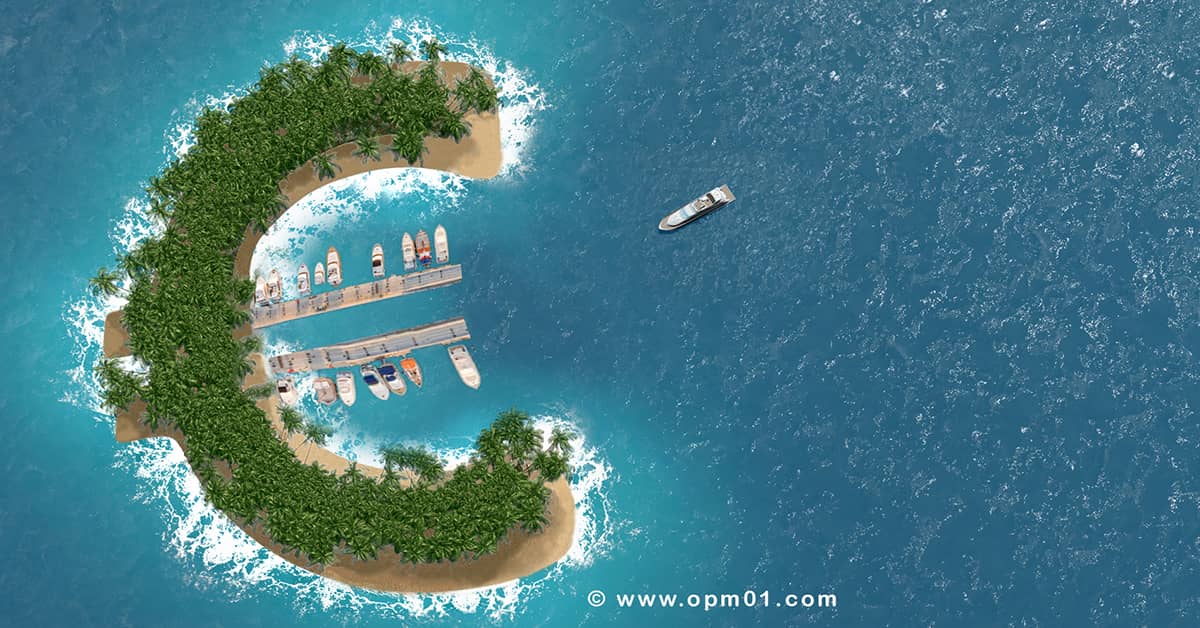Seamless Offshore Company Formation: Accomplish Your Organization Goals Abroad
Master the Art of Offshore Business Formation With Expert Tips and Methods
In the world of global business, the facility of an overseas company requires a critical approach that exceeds plain paperwork and filings. To navigate the ins and outs of offshore firm formation effectively, one should be skilled in the nuanced tips and techniques that can make or damage the process. By understanding the advantages, ins and outs of jurisdiction option, structuring methods, compliance needs, and ongoing monitoring fundamentals, one can unlock the complete capacity of offshore entities. These expert insights use a glimpse right into a globe where savvy decisions and precise preparation lead the way for success in the international organization landscape.
Benefits of Offshore Company Formation

Establishing an overseas business offers an array of advantages for businesses looking for to optimize their economic procedures and global existence. Offshore jurisdictions frequently give positive tax frameworks, allowing firms to reduce their tax obligation concerns legitimately.
Furthermore, overseas business provide improved privacy and discretion. In lots of jurisdictions, the information of company possession and monetary info are maintained private, offering a layer of protection against competitors and possible risks. This discretion can be especially beneficial for high-net-worth individuals and organizations running in sensitive markets.
In addition, offshore business can promote international service development. By establishing an existence in numerous jurisdictions, business can access brand-new markets, diversify their income streams, and alleviate threats connected with operating in a single place. This can lead to increased durability and development possibilities for the business.

Choosing the Right Jurisdiction
Due to the various advantages that offshore company development can offer, a crucial calculated factor to consider for companies is picking the most ideal jurisdiction for their procedures. Picking the best territory is a choice that can considerably affect the success and performance of an offshore business. When selecting a territory, variables such as tax guidelines, political security, lawful frameworks, privacy legislations, and online reputation should be very carefully evaluated.
Tax guidelines play an essential duty in determining the financial benefits of operating in a certain territory. Some offshore places offer beneficial tax obligation systems that can aid organizations lessen their tax obligation responsibilities. Political stability is vital to guarantee a protected service setting without potential disturbances. Lawful frameworks differ across jurisdictions and can affect exactly how services run and deal with disagreements. offshore company formation.
Privacy laws are important for preserving privacy and safeguarding sensitive business information. Deciding for territories with durable personal privacy regulations can secure your company's data. Additionally, the reputation of a territory can influence how your organization is viewed by clients, companions, and financiers. Picking click over here a territory with a solid online reputation can improve trustworthiness and count on in your overseas business. Mindful factor to consider of these factors is vital to make a notified choice when choosing the right jurisdiction for your overseas business development.

Structuring Your Offshore Business
The means you structure your offshore company can have considerable implications for taxation, obligation, conformity, and overall functional performance. Another technique is to create a subsidiary or branch of your existing more tips here business in the overseas territory, permitting for closer integration of operations while still profiting from overseas benefits. offshore company formation.
Consideration must additionally be given to the ownership and administration framework of your overseas company. Decisions relating to investors, directors, and police officers can affect administration, decision-making procedures, and regulatory commitments. It is recommended to look for specialist advice from legal and economists with experience in offshore business development to make certain that your chosen structure lines up with your service objectives and follow pertinent laws and policies.
Conformity and Regulation Fundamentals

Involving with legal experts or conformity experts can offer valuable advice in navigating intricate regulative frameworks. By focusing on conformity and law basics, offshore companies can run ethically, minimize risks, and build trust with stakeholders and authorities.
Maintenance and Ongoing Management
Efficient administration of an offshore company's ongoing maintenance is essential for guaranteeing its lasting success and compliance with regulative needs. Normal upkeep jobs include updating corporate records, renewing licenses, filing annual reports, and holding shareholder meetings. These activities are important for preserving great standing with authorities and protecting the lawful condition of the overseas entity.
Furthermore, continuous administration includes managing economic deals, monitoring conformity with tax obligation laws, and sticking to reporting demands. It is important to assign professional specialists, such as accounting professionals and legal advisors, to assist with these responsibilities and make certain that the firm runs smoothly within the confines of the law.
In addition, remaining notified regarding changes in legislation, tax obligation legislations, and compliance standards is extremely important for efficient continuous management. Frequently evaluating and upgrading business governance practices can help reduce threats and make certain that the overseas company remains in good standing.
Conclusion
Finally, understanding the art of offshore firm formation requires cautious consideration of the advantages, jurisdiction option, business structuring, additional reading conformity, and continuous management. By comprehending these key facets and applying professional suggestions and strategies, people can successfully establish and keep offshore firms to maximize their business possibilities and financial advantages. It is necessary to focus on compliance with guidelines and diligently handle the firm to ensure long-lasting success in the overseas company atmosphere.